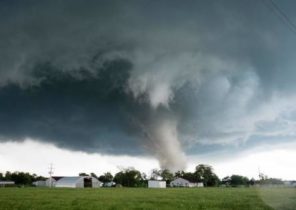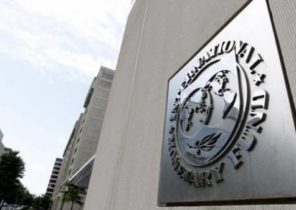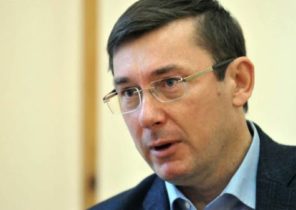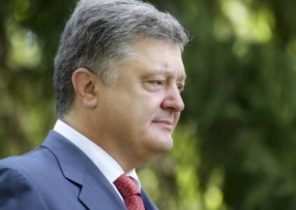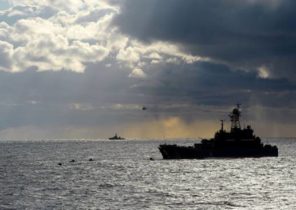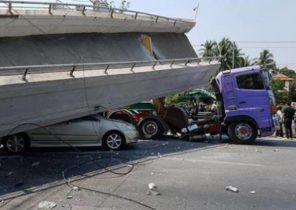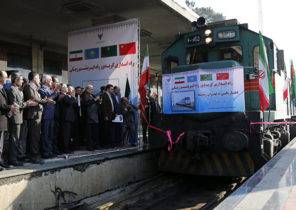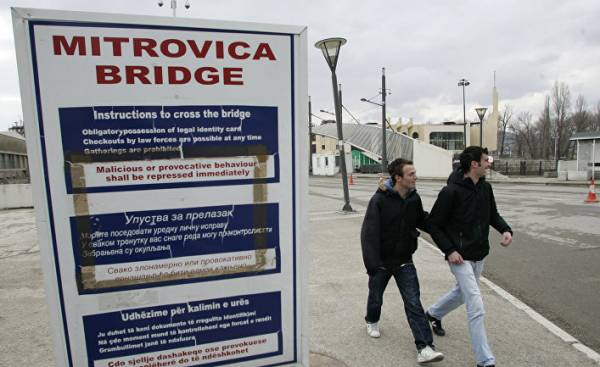
Not so long ago, it was assumed that the NATO intervention in the Bosnian conflict that ended the war in the region, is one of the major successes of the era that followed the end of the cold war. Slobodan Milosevic was deposed and punished for their war crimes; the Kosovars achieved independence; and today, three Western Balkan States are members of NATO. However, almost two decades after the Ohrid agreement put an end to the hostilities in the former Yugoslavia, the situation in the region, torn by ethnic strife and experiencing the rollback of democracy still leaves much to be desired.
What’s the matter?
In the 1990-ies and early 2000s, Western intervention in the Balkans and the ensuing wave of foreign aid was replaced by the model of benign neglect, which was followed by both the United States and the European Union. Believing that EU membership will be the democratic future of the Western Balkans, the United States largely delegate the task of political, institutional and economic development of the region to the European Union.
Unfortunately, the EU has failed to fully justify the associated expectations. Taking into their ranks Croatia and Slovenia, the EU lost its interest in expansion of the borders and leave other countries in the region (Bosnia, Serbia, Montenegro, Kosovo, Albania and Macedonia) to wait on the doorstep. The phenomena that we observe in recent years: Brakcet, the immigration crisis and the growing discontent with the EU has shaken the very foundations of the EU and become another obstacle to the accession to the Union of new member States. At the same time, the underdevelopment of the region and the internal divisions will only worsen, leaving the European periphery a strip of poor and unstable countries, as well as the vacuum, which did not fail to fill is clearly less constructive political forces.
Russian revanchism once again acted in its traditional role of defender of the Orthodox Christian peoples, using the Balkans as a buffer to prevent further European expansion and to restore their own sphere of influence. In Serbia, Montenegro and Macedonia Russia actively influence public opinion in order to weaken the enthusiasm for membership in the EU and NATO, and it continues to strengthen its position through military aid and misinformation that exacerbates ethnic tensions. According to a recent poll by the International Republican Institute (IRI), membership in NATO supports fewer Macedonians, today the figure is the lowest since 2008. In Bosnia, the IRI poll shows that the accession to the EU actively support only 18% of ethnic Serbs.
Turkey and the Gulf countries responded by increasing its support of Balkan Muslims — but their not always favorable. Saudi Arabia is building mosques and inviting to his training of the Balkan imams. Some of them come back home preachers of the strictly conservative Wahhabi teachings, which sharply contrasts with the moderate Islam practiced in the Balkans for centuries. This leads to the rise of Islamist fundamentalism among the local Muslim population.
It is not surprising that in the current situation reborn identity politics focused on ethno-religious nationalism. The leader of the Serbian part of Bosnia, Milorad Dodik called for a referendum on independence, to secede from a multinational Federation of Bosnia and Herzegovina. Dodik often travels to Moscow to pay their respects to Putin. In Bosnia the leader of the main Muslim political party, Bakir Izetbegovic regularly pays visits to Istanbul and often appears in public with an increasingly authoritarian Recep Erdogan.
Another sign of rising tensions can be called, the call is not alien to the nationalist views of the President of Kosovo Hashim Thaci to the creation of a national army, and this despite the presence of five thousand NATO troops and strong opposition from the Western Alliance, as well as such neighbors as Serbia and Macedonia. Meanwhile, not so long ago Serbian nationalists tried to send across the border, the train, decorated with slogan “Kosovo is Serbia”, that was clearly provocative. President of Albania EDI Rama often speaks about the need to expand cooperation between his country and Albanians in Kosovo and Macedonia, and critics in turn accuse him of seeking to create “big Albania”.
When the middle East is an explosive situation, and North Korea threatening to start a nuclear war, what the West Balkans? Let’s start with the fact that because of the proximity of the region to Europe, destabilization in the Balkans could quickly become a pan-European problem. In 2015, this region was the main route for more than a million migrants fleeing to Germany and Sweden, and the crisis could turn into much more serious consequences if local leaders failed to put their differences aside and work together.
If tensions in the region will continue to grow in the period following the crisis, such cooperation may never occur. Since the militants of ISIS (a terrorist organization banned in Russia — approx.ed.) still using the political chaos and the weakness of the countries to arrive in Europe, threatened the humanitarian situation and security.
Russia has long supported a split in the region to strengthen its strategic superiority over Europe, and the increasing apathy and even antipathy toward Western institutions, the Kremlin. Without the support of Western institutions of illiberal democracy and growing religious fundamentalism are likely to become the region’s norm.
Some observers argue that to solve these longstanding ethnic differences only by changing national borders, apparently forgetting how disastrous this approach in the 1990-ies. The fact that to alter the boundaries, while not affecting the interests of any of the ethnic groups is not possible. Despite the ethnic cleansing and displacement that took place during the war in Bosnia, there is still a lot of areas (the most relevant example is Sarajevo), where Serbs, Croats and Muslims live side by side.
Moreover, a simple exchange of territories on the basis of the majority ethnic group in this diverse region, how are the Balkans is a direct path to chaos. In the Kosovo Serb enclave in Mitrovica resists the rule of the Albanian majority and wants to join Serbia. As in the Presevo valley in southern Serbia have Albanian community, formally it can be assumed that the two areas should simply exchange the population. Nevertheless, the exchange between Mitrovica and Presevo would have triggered a dangerous fight for territory, since not all enclaves are adjacent to each other geographically. For the same reason it is unlikely that Serbia will agree to submit in the majority Muslim region Sandzak Bosnia.
A more effective step would be the establishment and strengthening of regional institutions to promote economic and political cooperation and resolution of conflicts. The customs Union, the Western Balkans, the project of a United economic zone, recently discussed by the leaders of Serbia, Bosnia and Herzegovina (BiH), Montenegro, Macedonia, Kosovo and Albania — may be a step in the right direction. However, this initiative cannot be considered a substitute for substantive guarantees offered closer cooperation with NATO and the EU.
Unfortunately, the EU essentially abandoned its strategy of expansion in the region — constrained constant resistance from the governments of member countries, which fear an influx of cheap labor and a wave of public discontent. However, a carefully designed road map for accession to the EU would provide the countries of the region-specific incentives for political and economic reforms. This could lead to the strengthening of regional cooperation and, consequently, to a decline of ethnic tensions and greater stability in the region and the continent as a whole.
The integration of the Western Balkans in NATO is equally important and probably more easily doable. The imminent accession of Montenegro to NATO opens the door to Serbia, Macedonia, Bosnia and even Kosovo. Joining this vital Alliance will serve as an important signal that the Balkans consider themselves part of the West and ready to help countries resist the machinations of Moscow.
The guarantees provided by NATO membership can also be useful in the fight against terrorism. The latest survey conducted by IRI among the citizens of Bosnia shows that, although the Bosnians are ethnically at odds on several issues, including membership in NATO, they are United in their rejection of the “Islamic state”. To overcome the aversion of ethnic Serbs — most of which are sympathetic to Russia’s membership in NATO would be easier if you imagine it as part of a larger project on transnational terrorism and strengthen stability in the region.
To the West is the inevitable choice: either it refers to the Balkans as a key strategic asset, or risk losing the region, which may be under the influence of Russia and Islamic extremism. In September last year, Bosnia has filed a formal application for membership in the European Union. Brussels needs to seriously consider this request, and NATO should complete the process of accession of Montenegro to the Alliance, paying close attention to Serbia and Bosnia as future members. In terms of the crisis facing the EU, integration with the countries aspiring to join the European path of growth and stability, today, paradoxically, is more important than ever before.
Paul McCarthy — Deputy head for European Affairs at the International Republican Institute.
